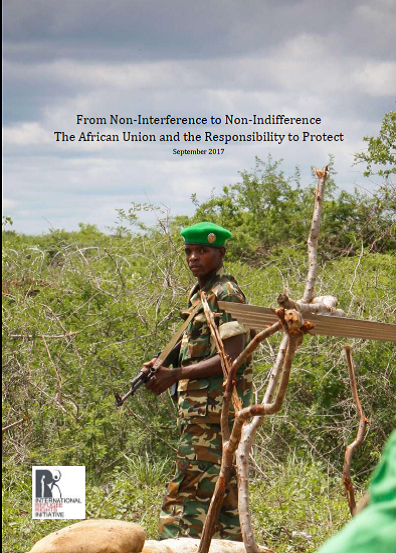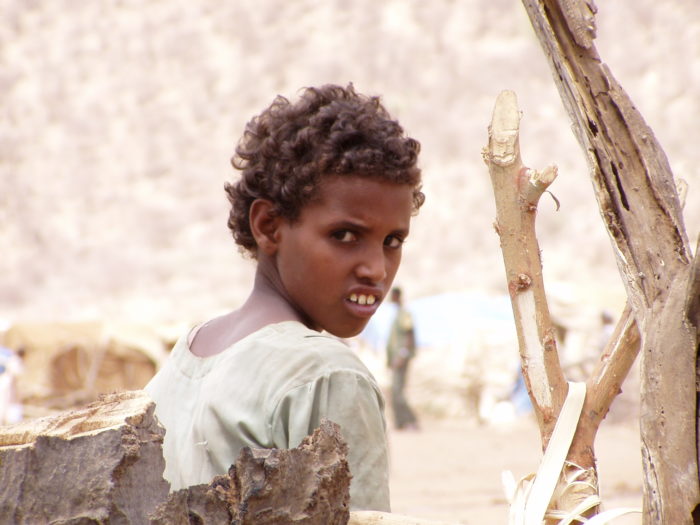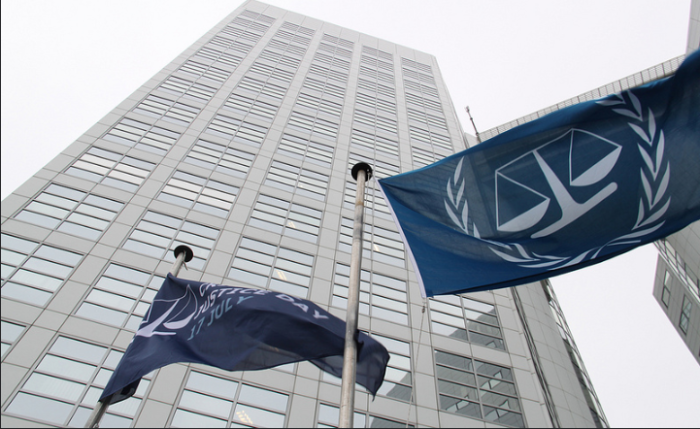“African States should seize the opportunity to set clear standards on the recognition of nationality and the eradication of statelessness”, urged a coalition of African civil society organisations working on the issue. Member States are meeting in Abidjan, 7-11 May 2018, to discuss the text of a draft protocol to the African Charter on Human…
(Kampala – 6 September 2017) International Refugee Rights Initiative (IRRI) today published a new report on the African Union and the Responsibility to Protect (R2P), exploring how this principle has taken root within the continental union, in the form of non-indifference. The internationally agreed principle of R2P provides that states are primarily responsible for protecting their populations…
In October 2009, the African Union adopted The Kampala Convention, (the Convention) which was designed for the protection and assistance of internally displaced persons (IDPs) in Africa. It came into force in 2012, 30 days after its ratification by the 15th member state. According to paragraph k of the 1st article of the Kampala Convention,…
President Trump’s recent Executive Order is, without a doubt, extreme. The four-month hold on allowing refugees into the US, and the temporary ban on travellers from Iran, Iraq, Libya, Syria, Sudan, Afghanistan, Somalia and Yemen, is both ridiculous and cruel. It is also wrong at multiple levels. It is flawed in its methodology, mistakenly based…
Although Zambia has a long tradition of hosting refugees and has been recognised as a generous and hospitable host, current legislation and policies impede the rights of refugees to freedom of movement, which, as IRRI has previously argued, is a “critically important refugee right.” A policy of refugee encampment, which isolates refugees in camps and…
The International Refugee Rights Initiative expresses grave concern over reports that the government of Botswana plans to repatriate ten Eritrean asylum seekers without ensuring access to refugee status determination procedures and respect for the right to seek asylum and urges the government to respect its commitment to refugee rights and its obligations under law, and…
4,000 former refugees from Rwanda offered local integration in Zambia following the cessation of their refugee status in 2013 should not be forced to register with the Rwandan government in order to enjoy rights to freedom of movement in Zambia. Reports that former Rwandan refugees in Zambia’s Meheba settlement will be required to register with…
When the Rome Statute of the International Criminal Court (ICC or “the Court”) was adopted in 1998, it was greeted with great fanfare by human rights activists around the world as an important milestone in the progress of the human rights movement. As the Court began to investigate its first cases in 2003-04, many civil…
On 16 August, police opened fire on a group of striking miners at South Africa’s Lonmin-Marikana mine leaving 37 dead and 78 injured. This took place in the new South Africa – not the old one where police repression was the norm. So how could it have happened? The answer to that question leads to…
Refugee Rights News November 2009 On 9 October 2009, the Namibian newspaper reported that 41 Congolese who were being housed in Molepolole Refugee Reception Centre near Gabarone in Botswana would be deported to the Democratic Republic of Congo. For this group, which includes both persons who had been recognised in Namibia as refugees and asylum seekers, the…
Refugee Rights News May 2009 “[The new permit is] a clear turning point in South Africa, which up until now has had a line that there is no problem in Zimbabwe.” – Gerry Simpson, a refugee researcher with HRW Over a million Zimbabweans currently residing in South Africa have finally been granted a respite from…
Human rights and civil society activists meeting on the margins of the historic first tripartite summit of the Common Market for East and Southern Africa (COMESA), East African Community (EAC), and Southern African Development Community (SADC) in Kampala, have asked the three regional bodies to harmonize their work, promote economic justice and ensure early warning…
Five months after the outbreak of violence against foreigners in South Africa, civil society organisations are still working to ensure that there is an appropriate governmental response. Over the last months, civil society from across Africa has become engaged with an initiative by the Citizenship Rights in Africa Initiative to conduct an African civil society…
Refugee Rights News Volume 4, Issue 5 July 2008 As usual, media attention has quickly shifted away from the violence that took place across many parts of South Africa against foreigners in May, which left over 60 people dead and tens of thousands displaced. Yet, little has been done either to address the consequences of…
Refugee Rights News Volume 4, Issue 4 June 2008 Questions of legitimacy, over who has the “right” to live where, are growing around the world, and nowhere have antagonistic articulations of identity been more graphically illustrated than in the recent attacks on foreigners in South Africa. The sheer scale and brutality of the attacks, which…
Refugee Rights News Volume 2, Issue 3 September 2005 About May 19, 2005, the government of Zimbabwe’s began what it called “Operation Murambatsvina,” or “Operation Drive Out Trash.” In the process as many as 700,000 Zimbabweans were robbed of their homes and livelihoods, in a forceful internal displacement of tremendous scale and ferocity. The aim…
Refugee Rights News Volume 1, Issue 2 December 2004 In November 2004, the Solidarity Peace Trust based in Port Shepstone, South Africa released a 107-page report, “No War in Zimbabwe: An Account of the Exodus of a Nation’s People.” The report details the difficulties faced by Zimbabwean asylum seekers in South Africa. Although all asylum…


